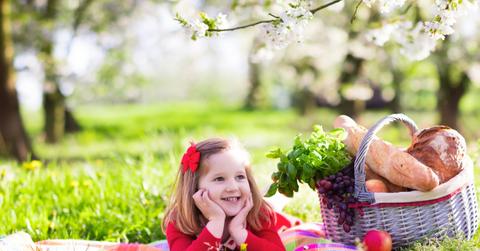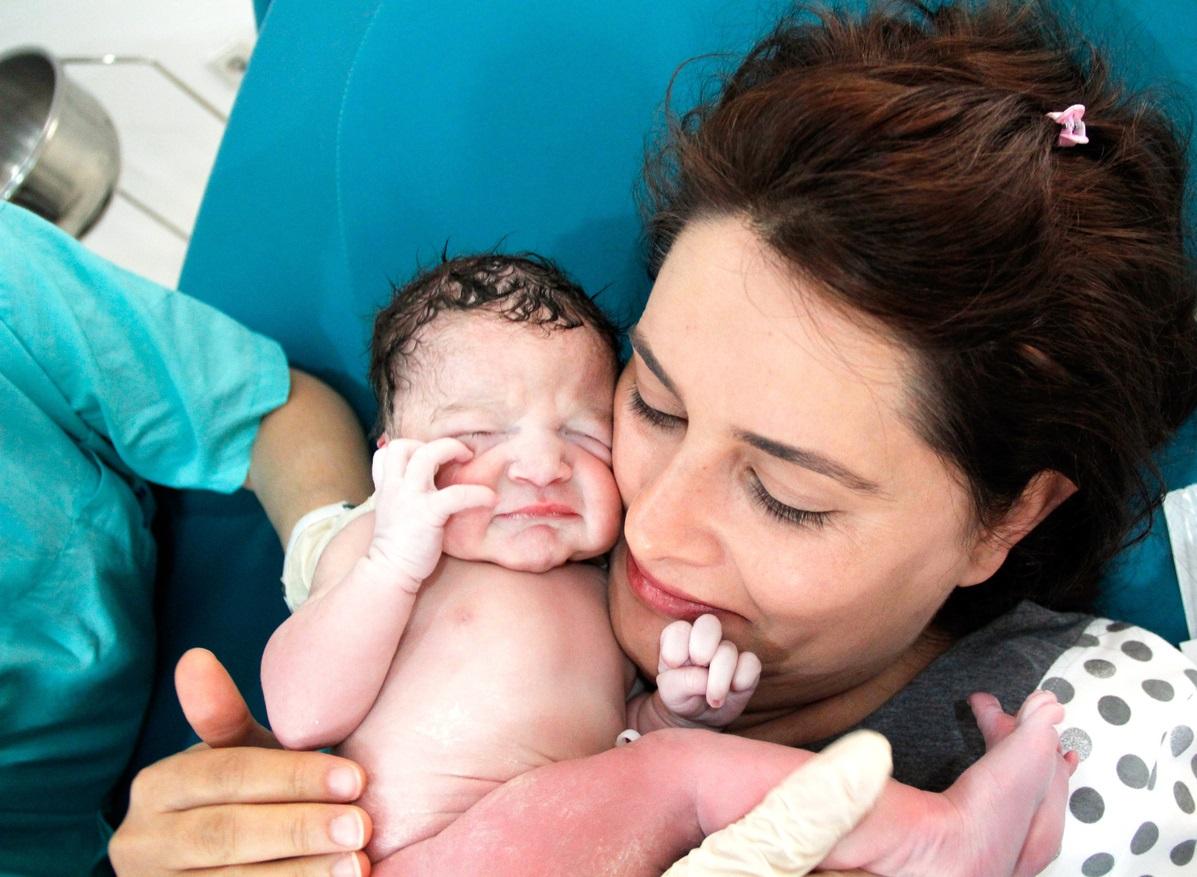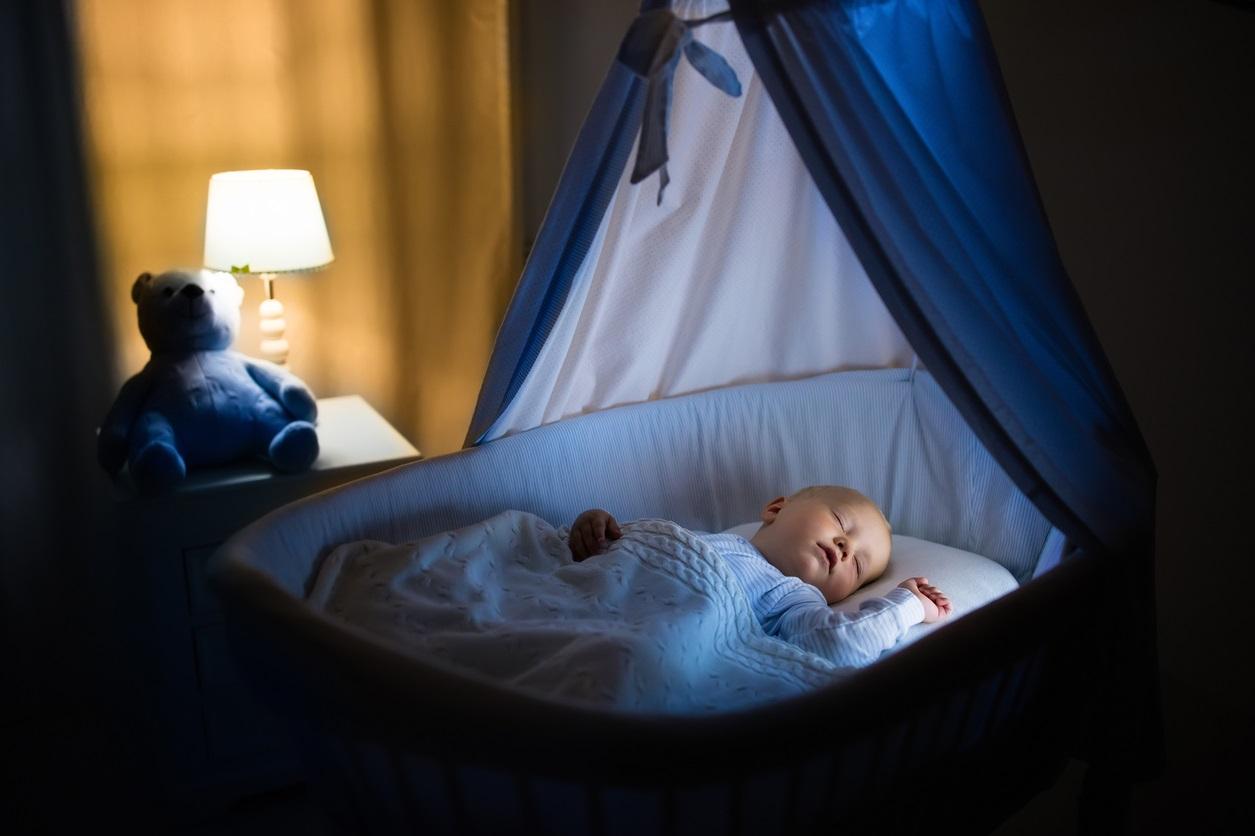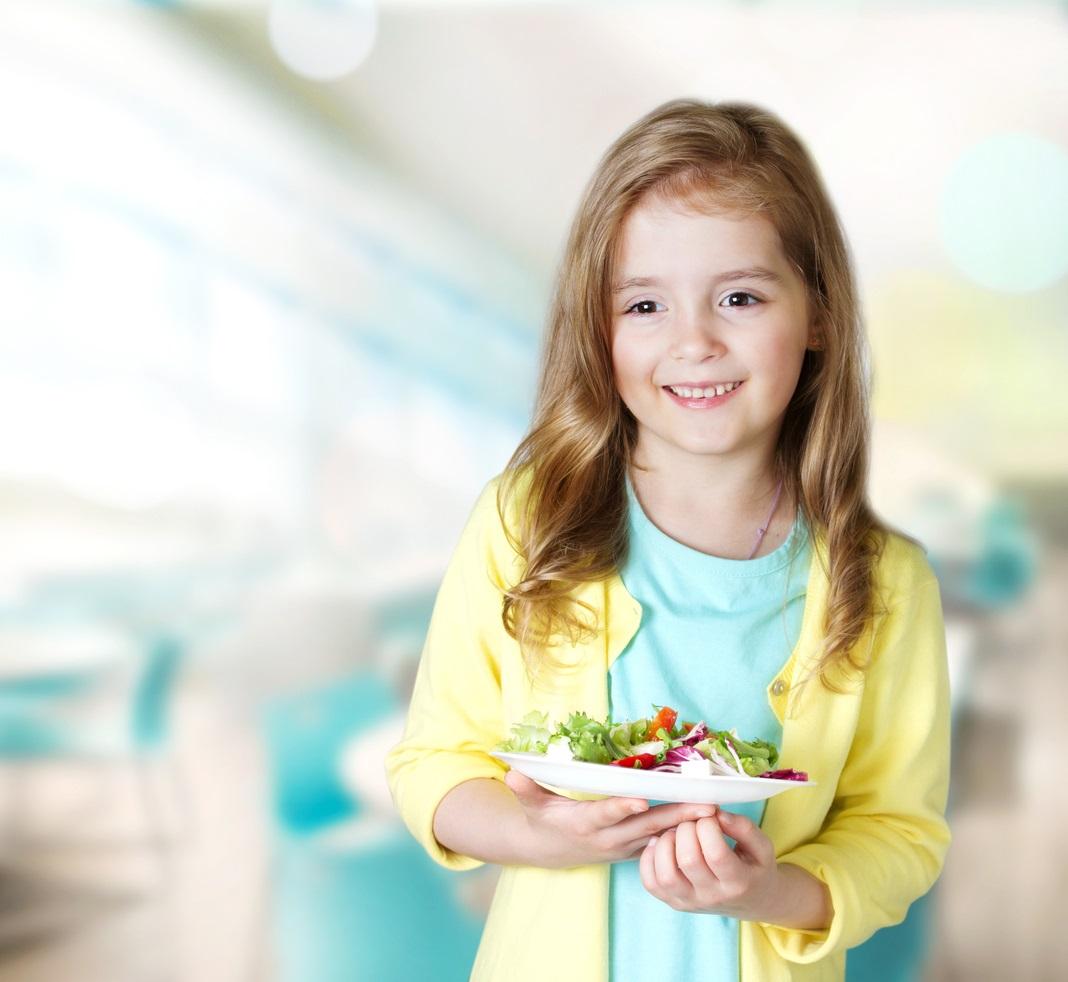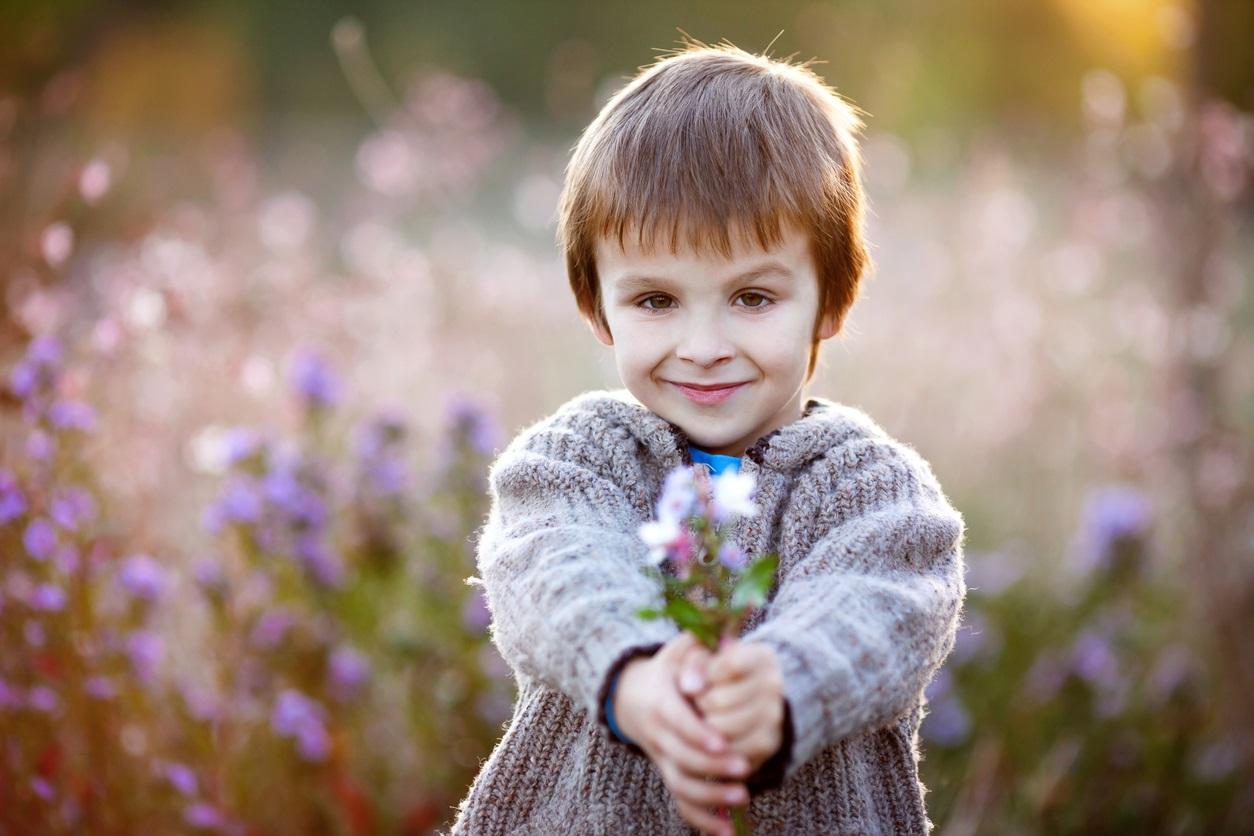5 French Parenting Lessons Every Mom Should Know
Bestselling parenting book Bringing Up Bebe is full of lessons for U.S. parents who want to raise their children the French way. Here are six important takeaways from the book that can help your kids live happier and healthier.
Updated May 21 2019, 4:18 p.m. ET
Bestselling parenting book Bringing Up Bebe is the work of U.S. journalist Pamela Druckerman, who had a child while living in France. Druckerman quickly noticed that the French do parenting a bit differently, and decided to write a book to share their wisdom. The insightful book is full of lessons for U.S. parents who want to raise their children the French way--by teaching them to eat "grown up" food, speak full, coherent sentences as soon as possible, and sleep through the night without the help of an adult, among other things. Here are six important takeaways from Bringing Up Bebe that can help your kids live happier and healthier.
1. Childbirth choices are deeply personal
If the internet is anything to go on, there is a fierce debate, in America, over birthing techniques. Many blogs, articles, videos and ebooks claim to have the best answer for how you, and everyone should be giving birth. Many new American mothers-to-be report feeling stressed and judged for their birthing choices, as nothing they do seems good enough. Some believe that giving birth at home is natural and healthy, while others regard it as dangerous and selfish. Some even view routine medical interventions during childbirth, from epidurals to C-sections, as signs of weakness or inadequacy on the mother's part.
The French approach to childbirth is more laid back. This is because the French see childbirth choices as personal and private. Unless they are related to the woman in question, most French people will not ask how a pregnant woman plans to give birth, and if the topic comes up, they will not respond with judgement. This is good news, since stress during pregnancy isn't good for a woman's health, nor her baby's. Some scientists believe that it can even contribute to postpartum depression.
2. Even babies can sleep through the night
There is a prevailing belief, in the U.S., that a new baby means weeks or even months of sleepless nights for parents. But the French see things differently. They believe that healthy, well-fed babies must be taught to sleep through the night (or "do their nights," as the French say) but that once they learn, they can and should do so within their first two months. How can a parent teach their infant to "do their nights"? Mainly, by not butting in too much.
While U.S. parents are taught to respond to every small cry their babies make, the French employ a method called the "pause," where they pause for five minutes before stepping in when their baby cries in the night. "One reason for pausing is that young babies make a lot of movement and noise while they're sleeping. This is normal and fine. If parents rush in and pick the baby up every time he makes a peep, they'll sometimes wake him up," says Druckerman.
3. There's no such thing as 'kid's food'
Chicken tenders, mac & cheese, peanut butter sandwiches. These are common items to see on restaurant menus in the U.S., under a specially marked "Kids" section. But no such sections exists, in France. Once French children are old enough to safely eat non-mushed, solid foods, they begin eating exactly the same dishes as their parents. This is because the French view eating as a skill. As the author puts it:
"[French] Parents see it as their job to bring the child around to appreciating this [food]. They believe that just as they must teach a child how to sleep, how to wait, and how to say bonjour, they must teach her how to eat."
If a child doesn't like a certain food, Druckerman notes that French parents will do more than put that food into a "my child doesn't like this" category. French parents go beyond the ideas of "like" or "dislike", by asking their children why they didn't like the food. Was it the texture? Was it too sweet? Too spicy? This helps kids develop a good "food vocabulary" and helps them understand their own palettes.
4. There's no such thing as 'baby talk'
Many parents tend to use "baby talk"--a kind of cutesy, simplified speech--when talking to their babies. It's a habit that often carries over once children grow into toddlers, and even when children are old enough to speak themselves, parents will often use very simplified speech when addressing their kids, for fear of saying something too complex for them to understand.
But the French don't believe in baby talk. They believe that, because a child who speaks in coherent sentences is easier to understand, kids should be taught to speak clearly as soon as possible. It stands to reason that using full sentences and a larger vocabulary, when addressing kids, will teach them how to properly form sentences of their own.
5. Age doesn't exempt kids from basic etiquette
As Druckerman points out, kids in the U.S. are not held to the same standard of politeness that is expected of adults:
"In the United States, a four-year-old American kid isn’t obliged to greet me when he walks into my house. He gets to skulk in under the umbrella of his parents’ greeting. And in an American context, that’s supposed to be fine with me. I don’t need the child’s acknowledgment because I don’t quite count him as a full person; he’s in a separate kids’ realm."
But, she points out, in France things work a little differently.
"Just as any adult who walks into my house has to acknowledge me, any child who walks in must acknowledge me, too. “Greeting is essentially recognizing someone as a person,” says Benoît, the professor. “People feel injured if they’re not greeted by children that way."
In other words, the French teach basic manners (such as greeting others) early, and expect their children to be able to understand these rules. They believe that good manners is part of teaching children the value of patience. Patience is not only a valuable life skill in general, but will prevent meltdowns in waiting rooms, restaurants, and other places where instant gratification is not an option. Tantrums are considered unacceptable, in France, as kids are expected to be reasonable, just as adults are.
